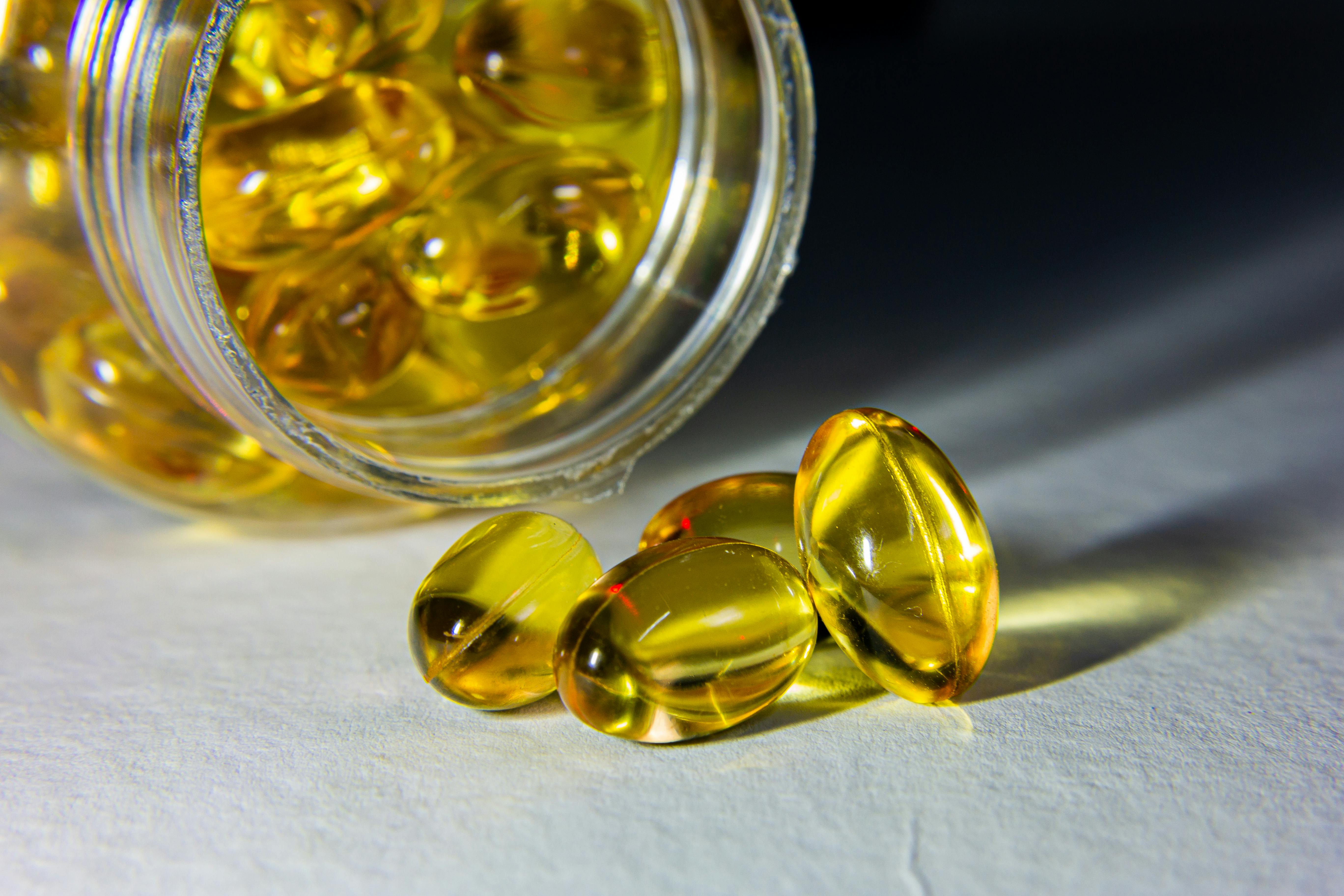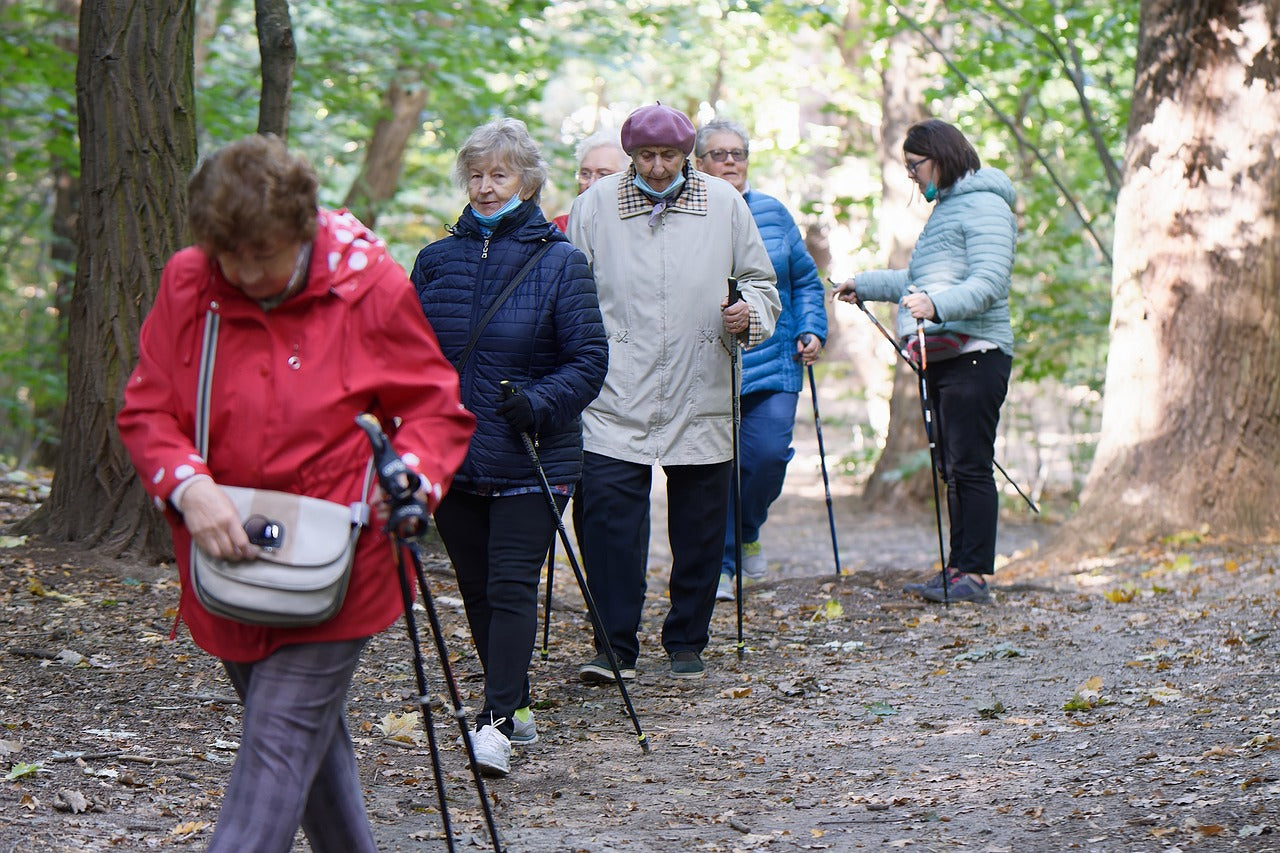
The Impact of Diet on Bone Health and Preventing Falls in Later Life
As we age, maintaining strong bones and avoiding falls becomes increasingly important for preserving independence and quality of life. Bone health is not just about staying active; diet plays a significant role in providing essential nutrients that keep bones strong and prevent fractures. Incorporating key nutrients and healthy lifestyle habits can make all the difference, and combining these efforts with reliable safety tools like a Digital SOS Alarm can further enhance safety and confidence in daily activities.
1. Understanding the Importance of Bone Health in Later Life
Bone health is crucial as we age because bones naturally lose density and strength over time. For older adults, weakened bones mean a higher risk of fractures, often from falls. Conditions like osteoporosis, which reduces bone density, become more prevalent with age, especially in women. Building a bone-friendly diet can significantly reduce the risk of falls and bone-related issues, keeping you mobile and independent longer.
2. Key Nutrients for Stronger Bones
A balanced diet rich in certain nutrients supports bone health and muscle strength. Here are some of the most critical nutrients:
- Calcium: This mineral is the foundation of strong bones and teeth. Dairy products like milk, cheese, and yogurt are excellent sources of calcium. For those avoiding dairy, leafy greens like kale and broccoli or calcium-fortified foods provide good alternatives.
- Vitamin D: Vitamin D aids in calcium absorption, directly impacting bone health. Sun exposure is the primary source of vitamin D, but it can also be found in fatty fish like salmon, fortified cereals, and supplements.
- Protein: While often overlooked, protein is essential for maintaining muscle mass, which stabilises and protects bones. Lean meats, beans, nuts, and seeds are all excellent sources of protein.
- Magnesium and Vitamin K: These nutrients play supporting roles in bone density. Magnesium, found in nuts, seeds, and whole grains, aids calcium absorption, while Vitamin K, found in leafy greens, supports bone health by improving calcium utilisation in the body.
Incorporating these nutrients into your daily diet can fortify your bones and contribute to overall health and vitality as you age.
3. Foods to Avoid for Better Bone Health
While it’s essential to include bone-boosting foods in your diet, avoiding certain items can also be beneficial:
- Excess Salt: High salt intake can lead to calcium loss through urine, weakening bones over time. Try to limit processed foods and opt for fresh ingredients when possible.
- Sugary and Carbonated Beverages: These drinks, especially colas, can lead to a loss of calcium in bones.
- Excessive Alcohol and Caffeine: Both can interfere with the body’s ability to absorb calcium. Moderate consumption is key to keeping bones healthy.
4. Diet and Safety: Working Together for Fall Prevention
Strong bones are essential, but avoiding falls altogether is even more critical. Good nutrition enhances physical strength, agility, and balance, all of which are crucial for preventing falls. In addition, having a Digital SOS Alarm or Digital Alarm can provide an added layer of protection. Should an accident occur, such as a fall, these alarms offer instant access to help, enabling you to get the support you need as quickly as possible.
5. Additional Tips for Fall Prevention
Besides diet, there are lifestyle habits and tools that can contribute to safer daily living:
- Exercise: Activities like walking, light weightlifting, or yoga help strengthen muscles and improve balance.
- Home Modifications: Simple changes, such as installing handrails, securing loose rugs, and improving lighting, can make your home safer.
- Regular Check-Ups: Annual vision and hearing tests can help you detect any changes that may increase your fall risk.
Combining these practices with the use of a Digital SOS Alarm ensures that you’re covered from every angle.
Conclusion
Taking charge of your bone health and fall prevention through a balanced diet and reliable support tools is an investment in your well-being and independence. By focusing on nutrient-rich foods that strengthen bones and muscles, you’re giving yourself the best foundation for staying active and confident. Additionally, having a Digital SOS Alarm or Digital Alarm as part of your daily routine can provide extra peace of mind, knowing you have a dependable safety net in case of emergencies. Together, these small but impactful choices can help you lead a vibrant, fulfilling life with fewer worries and more moments of joy.



Leave a comment
This site is protected by hCaptcha and the hCaptcha Privacy Policy and Terms of Service apply.